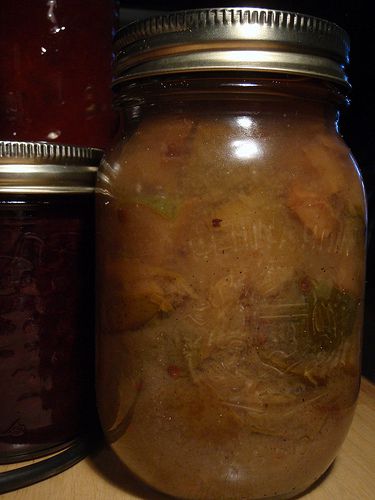-
 Antioxidants
Antioxidants
-
 Soda straws
Soda straws
-
 Coordinate system
Coordinate system
-
 Gynandromorphism
Gynandromorphism
-
 Angiogenesis
Angiogenesis
-
 Ethylene
Ethylene
-
 DAC
DAC
-
 Empyema
Empyema
-
 ASCII
ASCII
-
 Follicle
Follicle
-
 Benzene
Benzene
-
 Sponge
Sponge
-
 Digestion
Digestion
-
 Horsepower
Horsepower
-
 Triclinic system
Triclinic system
-
 Palliative
Palliative
-
 eDonkey
eDonkey
-
 Apodiformes
Apodiformes
-
 Cervix
Cervix
-
 Pelecaniformes
Pelecaniformes
-
 Melanism
Melanism
-
 Ankylosis
Ankylosis
-
 Peas
Peas
-
 Absolute temperature
Absolute temperature
-
 Basal cells
Basal cells
-
 Belemnites
Belemnites
-
 Zircon
Zircon
-
 Peroxisome
Peroxisome
-
 Rhesus factor
Rhesus factor
-
 Fetal
Fetal
Botulism
Botulism is a serious but relatively rare disease caused by a very potent toxin produced in food by a bacterium, Clostridium botulinum.
Symptoms of botulism
Botulism firstly results in visual problems, dry mouth and difficulty swallowing. More serious symptoms then develop, starting with fatigue and then progressive paralysis of all of the muscles of the body.
Transmission of botulism
There are seven types of botulism although only four of these (types A, B, E and rarely F) are pathogenic to human beings. The others (C, D and E) are pathogenic to Mammals, Birds and Fish.
Spores of the bacteria are commonly found in the ground, sea beds and in fish. The spores are resistant to heat and germinate under anaerobic conditions. The bacteria can then grow and produce the toxin.
The danger, comes from eating the toxin which may be present in poorly prepared food and may be fatal. Above all, it is a form of food poisoning although botulism is occasionally transmitted from wounds or colonisation of the bowel in children. It is not spread between human beings.
Treatment of botulism
As antibiotics have no effect on the toxin treatment is mainly based on symptoms (intensive respiratory care with assisted ventilation),.
There is a botulism vaccine which may have harmful side effects and is therefore only reserved for at risk people.
The best measures is to protect against the source of contamination by observing food hygiene measures.
 Botulism may be caused by eating poorly preserved foods. © Cpt Obvious, Flickr, CC by-nc-nd 2.0
Botulism may be caused by eating poorly preserved foods. © Cpt Obvious, Flickr, CC by-nc-nd 2.0
Latest
Fill out my online form.



